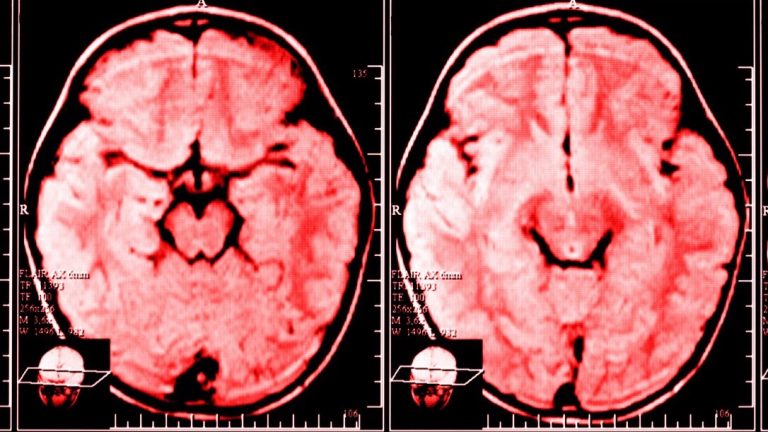Norman Doidge, a psychiatrist with Canadian roots and the author of The Brain That Changes Itself, acknowledged that thought alters brain chemistry. He also saw firsthand how people were able to rewire their brains using thought to treat trauma and previously untreatable obsessions.
The capacity of the human brain is practically boundless, and the rapid advancements made in the fields of neuroscience and brain imaging over the past few decades have demonstrated that it is possible to re-engineer the brain, and that anybody can do so.
Neuroplasticity is the lifelong alteration of the brain. It shows that we are able to:
- Boost our intelligence
- Become more emotionally intelligent
- Learn new skills
- “Unlearn” harmful habits behaviors, and beliefs
- Recover from certain brain damage types
An early proponent of neuroplasticity and neuropsychology, Donald Hebb is credited with the famous observation that neurons that fire together, wire together.
The relationship between our ideas (“neurons that fire”) and structural brain alterations (“wire together”) was established by Dr. Michael Merzenich, who is currently regarded as the most eminent neuroscientist in the world.
He also found that the way our brains are wired affects all of our thoughts, habits, experiences, actions, cognitive patterns, and responses to the outside environment. Detrimental behaviors can therefore have a negative impact on the brain while positive habits have a positive impact on the brain.
There is nothing inherently wrong with a sad person’s brain, claims Alex Korb, Ph.D., author of The Upward Spiral: Using Neuroscience to Reverse the Course of Depression, One Small Change at a Time.
The predisposition toward depression is merely the result of a particular tuning of neural circuits, and this is related to how the brain manages stress, planning, habits, decision-making, and many other things, or the dynamic interaction of all those circuits.
Find out more about: Recipe for Fluffy Garlic Cauliflower Mash “Potato” Cakes
Once a pattern is established, the brain undergoes a series of minor adjustments that worsen the situation.
Complaining is one negative activity that has a terrible impact on the structure of the brain. We all grumble occasionally, but persistent grumblers look for someone to vent to instead of keeping their bad ideas to themselves.
Three groupings can be made of them:
— Complainers who do it to garner attention: These individuals assert that their lives are far worse than those of others in order to gain attention.
— Chronic Complainers: These folks constantly have something to complain about, even if they don’t voice it out loud. Frequently, this results in worry and despair.
— Low-IQ complainers Emotional quotient, or “E.Q.,” is something that this group of people lacks. They constantly complain and have no interest in your opinions, feelings, or views.
These individuals, however, do not choose to experience this. Complaining will alter a person’s thoughts and behaviour if it is allowed to loop continuously in their head. The negativity bias, which is a propensity to focus more on unfavorable events than favorable ones, exists in our brain.
According to neuroscientist Dr. Rick Hanson, author of Buddha’s Brain, negative stimuli cause greater brain activity than equally intense happy ones and are also more readily and swiftly noticed.
Therefore, if we continuously think negatively, the neurons that are responsible for the negativity bias will fire and refire, changing how we behave.
Hollywood actress, author, optimist realist, and enthusiasm enthusiast Annie Wood asserts that our repetitive thoughts are rewiring our brains over the course of our lives.
When we practice something frequently, we actually get better at it. We become expert worriers if we worry excessively because our brains find it easier to worry each time we do so. This leads to the development of our default mode, or regular style of living.
Instead of responding, our minds are actually reacting, and these reactions are frequently impulsive. People frequently say and do things they have already said or done, as if they were operating on autopilot.
However, she asserts that our responding minds activate when we pause before reacting to a circumstance.
Although it is impossible and unnecessary to always be ecstatically joyful, everyone should make an effort to overcome bad emotions and thoughts. The most effective techniques we have are mindfulness and meditation, according to studies.
Numerous studies have demonstrated the effectiveness of mindfulness and meditation as techniques for overcoming negativity. Your life and your brain can both benefit from daily 15-minute meditation sessions.
Daily meditation has been demonstrated to promote happy emotions since it teaches people how to easily identify their life’s purpose and manage a wide range of health problems.



